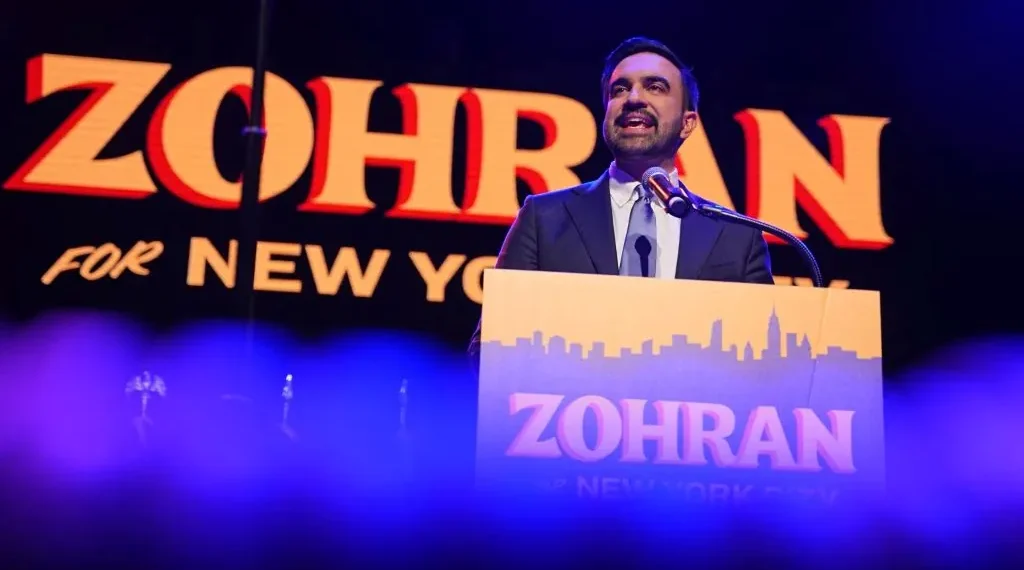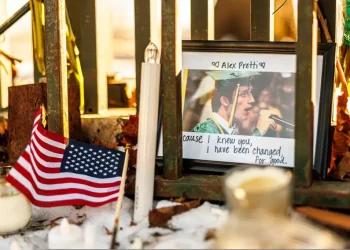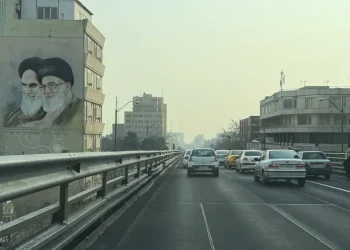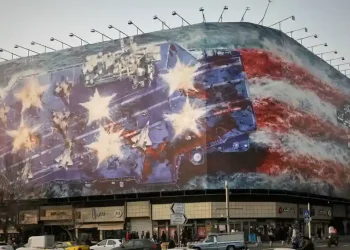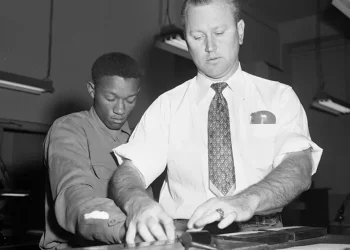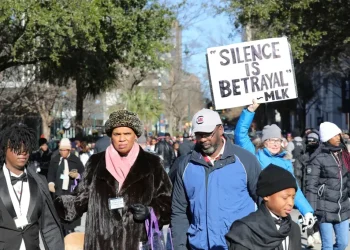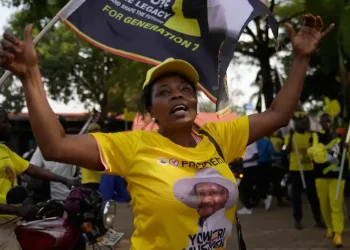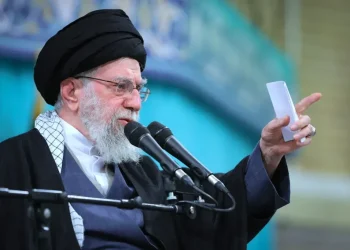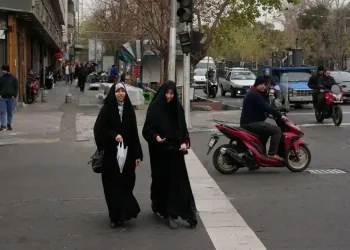When Zohran Mamdani made history this week as New York City’s first South Asian mayor, the celebration in Queens echoed far beyond the city’s five boroughs. For many, his victory represented the triumph of multicultural democracy in one of the world’s most diverse cities; for others, it reignited debates over identity, belonging, and political ideology that stretch across oceans.
The son of Indian-origin immigrants, Mamdani’s election carries deep symbolic weight in a nation still grappling with immigration and religious inclusion. His win is being hailed as a milestone for South Asians in America and a pointed rebuke of xenophobic politics.
A New Face of the Global South Asian Diaspora
Born to Indian parents who migrated from Uganda and raised in South Africa before settling in New York, Mamdani embodies the modern global diaspora experience. His victory speech, quoting India’s first prime minister, Jawaharlal Nehru, invoked a powerful blend of nostalgia and renewal.
“I am young, I am Muslim, I am a democratic socialist—and I refuse to apologize for any of this,” he declared to a jubilant crowd, before Bollywood’s Dhoom Machale blared through the hall, symbolizing both pride and defiance.
For many South Asians across the United States, Mamdani’s win signals a new generation of leaders who are not just participants in Western political systems but active transformers of them. “We have been denied the limelight for a long time,” said Mumbai-based resident Gulfam Khan Hussain. “It’s really nice to see someone from South Asian roots rise so high.”
Global Recognition for a Local Politician
Mamdani joins a growing list of diaspora politicians who have reached the upper echelons of global politics: Kamala Harris in the United States, Rishi Sunak in the United Kingdom, Sadiq Khan in London, Leo Varadkar in Ireland, and Humza Yousaf in Scotland. Together, they represent a shifting global narrative—one where migration stories are no longer confined to assimilation but extend to governance.
“It brings the South Asian diaspora to the center of the political conversation,” said Sangay Mishra, an associate professor of politics and international relations at Drew University. He notes that Mamdani’s political journey—anchored in New York’s diverse Queens district—reflects an America increasingly defined by immigrant voices.
A Blend of Uganda, India, and America
The new mayor’s multicultural background is as layered as his politics. Mamdani’s father, Mahmood Mamdani, is a renowned post-colonial scholar at Columbia University, and his mother, Mira Nair, is an acclaimed Indian filmmaker whose works explore identity and displacement. That intersection of art, activism, and intellectual heritage shapes his worldview.
“It means a lot that someone whose identity blends Uganda, India, and America—and who is also Muslim—is poised to reshape the politics of the Democratic Party,” Mishra added.
Critic of India’s Hindu Nationalism
While Mamdani’s win has been widely celebrated, his outspoken criticism of Indian Prime Minister Narendra Modi’s government has stirred controversy both in the United States and India. A vocal critic of Hindu nationalism, Mamdani has condemned policies like the Citizenship Amendment Act (CAA), which critics argue discriminates against Muslims, and the revocation of Article 370, which stripped Jammu and Kashmir of its special status.
He has gone as far as calling Modi a “war criminal,” referencing the 2002 Gujarat riots that killed more than 1,000 people, mostly Muslims. Though India’s Supreme Court cleared Modi of complicity, the episode remains one of the most contentious in modern Indian politics.
For Modi’s supporters, Mamdani’s remarks are seen as an attack on India’s majority faith. “Mamdani is a rabid liar and a Hinduphobic bigot,” wrote BJP spokesperson Sanju Verma on X (formerly Twitter). Actress and BJP politician Kangana Ranaut accused him of “denying his Hindu roots,” adding that his rhetoric “sounds more Pakistani than Indian.”
Diverse Reactions Among Indian Communities
Despite criticism from some political circles, many Indians—including Hindus—view Mamdani’s stance as a principled defense of pluralism. “Zohran and his campaign have moved beyond symbolic representation to addressing real concerns that South Asian Americans face,” said Ria Chakrabarty, Senior Policy Director at Hindus for Human Rights, a U.S.-based nonprofit that challenges sectarian nationalism in South Asia.
The organization argues that Hinduism’s core values of justice and inclusivity are incompatible with political exclusivism. Chakrabarty noted that international criticism of India’s human rights record can empower activists on the ground. “They know the Indian government is responsive to global pressure,” she said, “which helps civil society amplify their calls for accountability.”
A Source of Pride in India
In India, Mamdani’s victory was splashed across front pages, often described as a “moment of pride” for the diaspora. Social media users shared celebratory posts framing his win as a triumph for Indian heritage. “We are a country of leaders,” said Khan from Mumbai. “Mamdani’s win is another feather in India’s colorful cap. Whenever the challenge arises, we give the world a Gandhi, a Sunak, a Mamdani—and this is just the beginning.”
Yet beneath the pride lies a reminder of the delicate balance between identity and ideology. Mamdani’s progressive politics, especially his criticism of religious nationalism, reflect growing global debates about democracy, inclusion, and faith-based politics.
The Global Implications of a Local Election
As mayor of New York—the world’s financial and media capital—Mamdani now holds one of the most visible political platforms outside Washington. His leadership will inevitably intersect with international issues, from immigration policy to civil rights and global diplomacy. Analysts suggest that his stance on India could test the boundaries of diaspora diplomacy, particularly as New Delhi seeks to project a unified image of the global Indian community.
For South Asians worldwide, however, Mamdani’s election represents something more enduring: the normalization of diverse leadership in spaces once closed to immigrant voices. His journey—marked by migration, activism, and conviction—symbolizes the transformation of representation itself.
This article was rewritten by JournosNews.com based on verified reporting from trusted sources. The content has been independently reviewed, fact-checked, and edited for accuracy, neutrality, tone, and global readability in accordance with Google News and AdSense standards.
All opinions, quotes, or statements from contributors, experts, or sourced organizations do not necessarily reflect the views of JournosNews.com. JournosNews.com maintains full editorial independence from any external funders, sponsors, or organizations.
Stay informed with JournosNews.com — your trusted source for verified global reporting and in-depth analysis. Follow us on Google News, BlueSky, and X for real-time updates.
